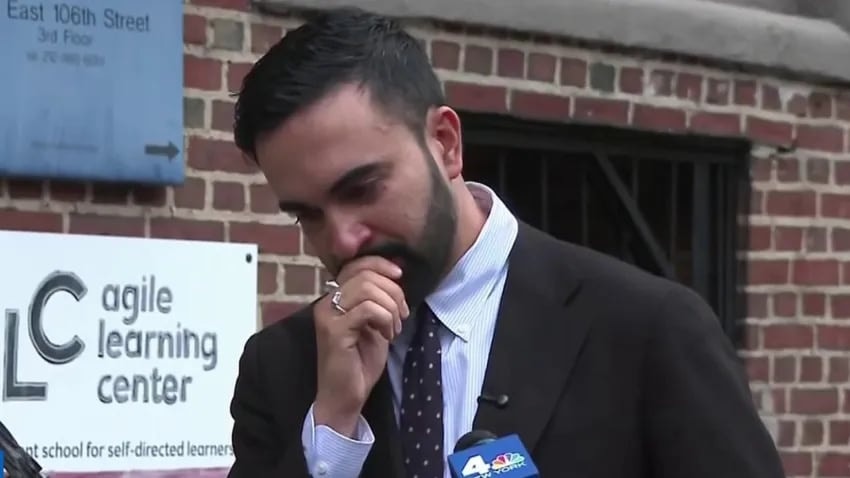Just moments ago in New York, Zohran Mamdani was formally confirmed as a rising force in the state’s political landscape — a development that signals not only a shift in local leadership but also a broader conversation about the direction New Yorkers envision for their future. The announcement sparked immediate reactions across the political spectrum, revealing a mix of optimism, scrutiny, and honest hesitation.
For supporters, Mamdani’s confirmation represents the promise of a more people-centered approach to governance. They highlight his consistent advocacy for affordable housing, climate responsibility, and social equity as evidence of a leader determined to bring neglected issues back to the forefront. In a city grappling with rising rents, worsening climate impacts, and widening social disparities, Mamdani is seen as someone who can translate principle into practical action. His supporters emphasize a grounded energy — a willingness to confront difficult problems with fresh eyes, informed perspectives, and an active conscience that prioritizes the welfare of all communities.
Critics, meanwhile, have raised concerns about experience, ideological balance, and the feasibility of his proposals. Some wonder whether his bold initiatives can be implemented effectively across New York’s diverse neighborhoods and complex municipal systems. Others caution that the enthusiasm surrounding new leadership should not overshadow the nuanced challenges of governance. These reservations reflect a broader tension between long-standing political traditions and a new generation of leaders who are reshaping expectations, signaling both hope and uncertainty in equal measure.
Despite differing opinions, Mamdani’s confirmation marks a turning point in local politics. His upcoming decisions will be observed closely — not only by those who champion him but also by those who challenge him — reflecting the high stakes inherent in leadership positions that touch millions of lives. In a city where residents’ livelihoods, safety, and opportunities depend on careful, informed, and empathetic decision-making, the weight of responsibility is immense. Every policy choice, public statement, and act of governance will be scrutinized as New Yorkers seek tangible results and meaningful accountability.
Beyond policy debates, Mamdani’s rise serves as a reminder that public office is fundamentally about service. Leadership requires courage to tackle entrenched problems, humility to recognize the voices and needs of all constituents, and a steady commitment to the common good. It is about bridging divides, listening attentively, and balancing competing priorities — a task that demands both vision and diligence. In confirming Mamdani, the city signals a willingness to explore new approaches, embrace fresh perspectives, and entrust power to a leader prepared to navigate both the promise and the pitfalls of modern governance.
As New Yorkers look ahead, this moment encapsulates both possibility and responsibility. It illustrates how individual leaders can shape the broader trajectory of their communities, influence the public dialogue, and inspire civic engagement. Mamdani’s confirmation is not merely a procedural milestone — it is a lens through which the city’s hopes, fears, and expectations converge, reminding everyone that leadership, at its best, is an ongoing commitment to building a more equitable, responsive, and resilient society.
